Alicia Kozameh
, associate professor of creative writing and former political prisoner, has just returned home from her book tour in her home country of Argentina. She says her people are tired, the country is tense – she worries for her home, although she simultaneously feels like a stranger there.
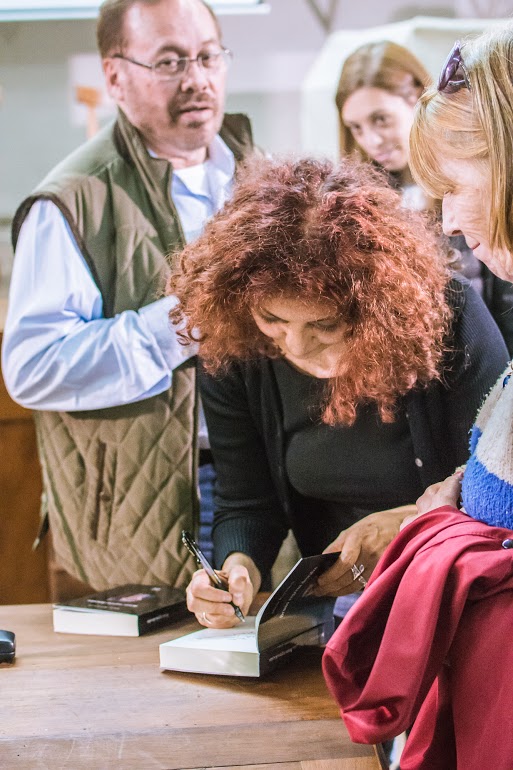
Alicia Kozameh signs a copy of her newest book, a novel based on the experiences of male political prisoners during Argentina’s “Dirty War” years.
Argentina has been awash with tension: The elected President, Mauricio Macri, popped up in the Panama Papers. Cuts to public education and massive layoffs allover the country fuel the frustrations of the people. Kozameh is alternately frustrated herself at the state of her home country and happy about the reception of her latest novel
Bruno regresa descalzo.
Photos of Her stops in Buenos Aires, at the Centro Cultural de la Cooperación, Rosario at the Biblioteca Argentina and in La Plata at the Universidad Nacional depict filled rooms, with mostly women audiences. Old women, middle-aged women, young women – yet,
Bruno
is Kozameh’s first novel all about men.
The bones of this new novel are under layers of emotional muscle. It’s an accounting of the experiences of male political prisoners during the years of Argentina’s “Dirty War” years during the 1970s and 1980s.
The story examines the reality of culturally established macho identity contrasted to pain endured under torture. Kozameh found that when pulling back the veil on suffering, there was a drastic difference between males and females.
Kozameh said in her research, her friends who inspired the stories in
Bruno
would have trouble keeping their strength.
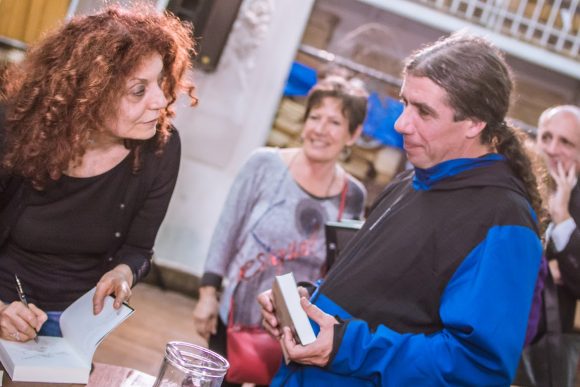
Kozameh meets a fan in Argentina on her recent book tour. The country has been embroiled in months of protests over government related issues.
“They [men] have to look strong,” Kozameh says of the macho image. “They are there to save us. When something hard happens to them – they are in pain, they stop being the strong human there to save the women and children. They cry, but feel they shouldn’t – suddenly, they become weak.”
As a former prisoner herself, it was painful for her to hear their stories.
“I didn’t like seeing my friends like that – my friends, drinking, analyzing, hurting,” she says.
But the women in her other books were different.
“They’re resisting, becoming stronger.”
Kozameh teases herself about an imperceptible language barrier, about having a hard time to find the words about writing the words. To be fair, coming up with a quick, off-handed translation to describe breaking a man’s spirit doesn’t seem easy.
Likewise, the emotion she attaches to the Spanish words “compañero” and “compañeras” when describing her community of survivor friends in Argentina is imbued with a feeling of instant connection, friendship that doesn’t sink as deep with the translated Anglo translation of “companion.”
Those friends, which she shows me in a photo taken on this trip, look more like a book club gathering than a small force of former political prisoners. Kozameh points out which of her friends are now grandmothers. Yet even in their 60s and 70s, they and their male counterparts are all still politically active. For the men, Kozameh says, returning to the fight is healing.
“I’ve seen some of them going back to political activism and that saves them – [they’re] willing to give, to change the world and make it better,” Kozameh said.
This time around, they’re joined in the streets by their children and their grandchildren.
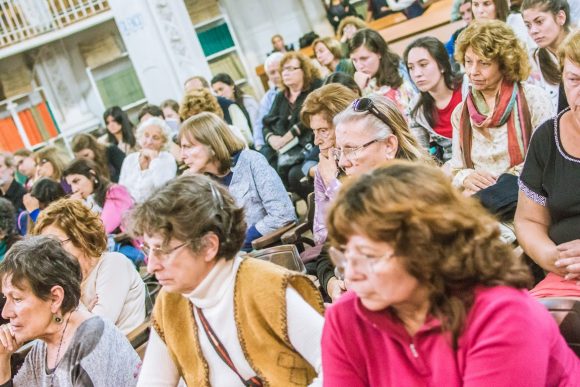
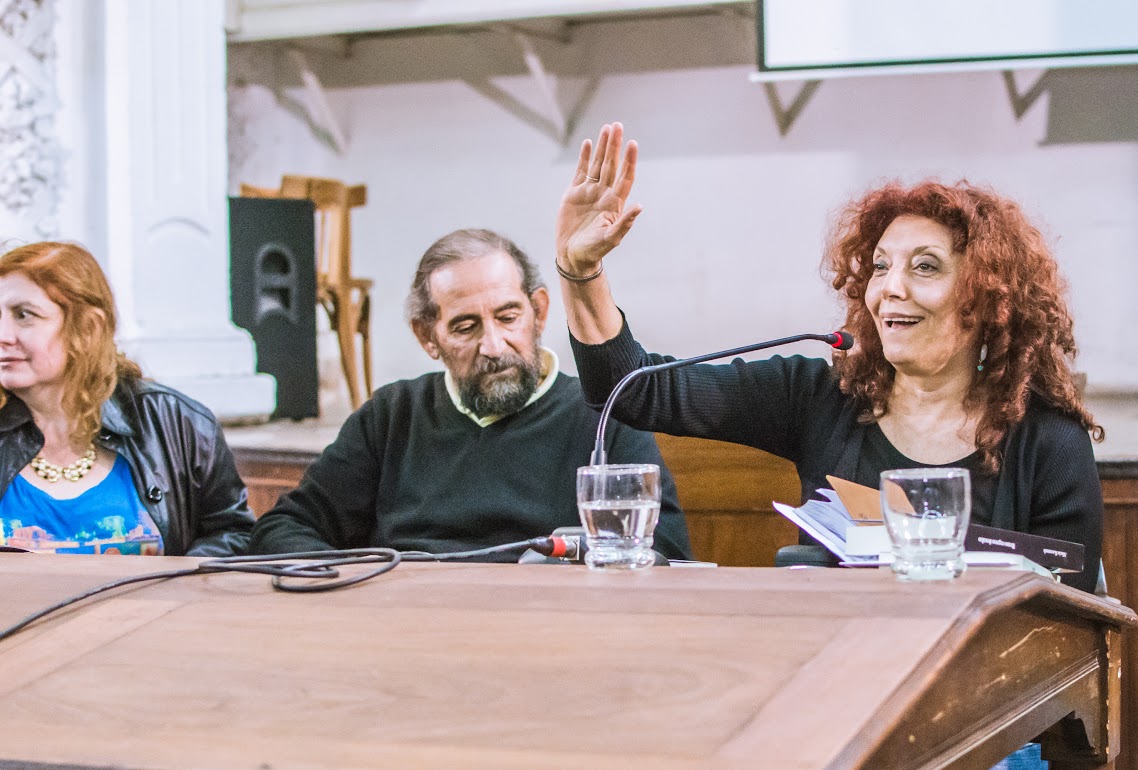
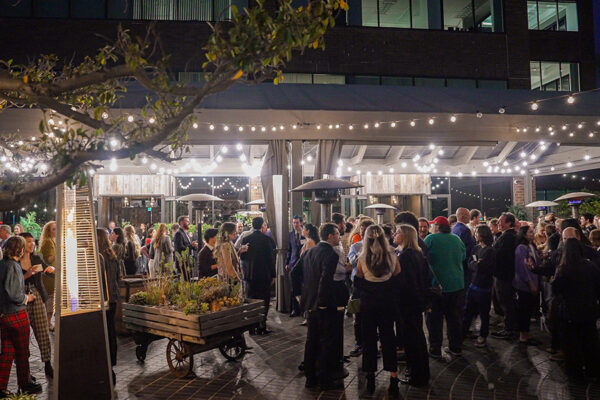

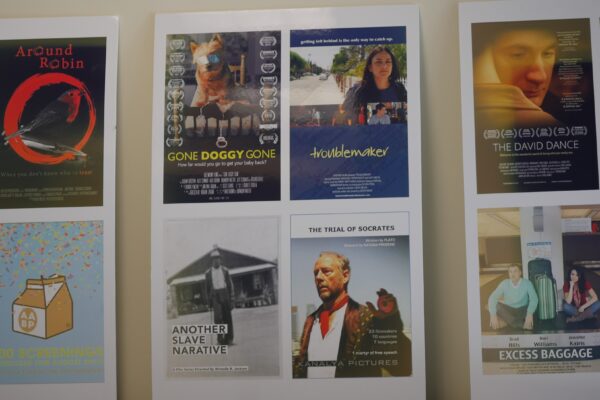

Add comment